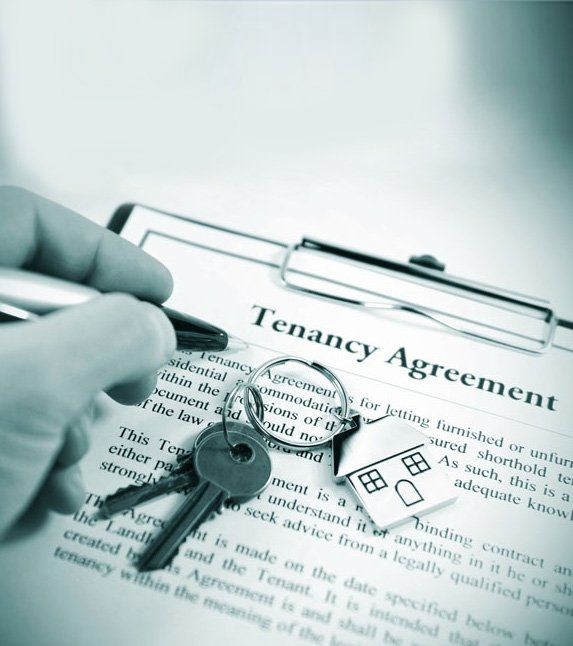Legionnaires Disease Guidance

Guidance on Legionnaires disease from our company
in Peterborough
We’re here to help

What is the Landlord’s responsibility?
Raw Heat Plumbing & Heating have competent engineers who can carry out your property's Legionella risk assessment and provide the form and report to comply with current legislation.
Landlords of residential accommodation have responsibilities for combating Legionnaires Disease. This note is intended to give a brief guide to what the landlord should do. More detailed advice is available on the Health & Safety Executive’s Website.
As someone responsible for the control of premises landlords must know what they have to do to comply with their legal obligations and make sure that these are both complied with and kept under review.
Get a Quote
What is Legionnaires Disease?
It is pneumonia like illness caused by the Legionella bacteria and can be fatal. Legionella bacteria are widespread in water systems where the temperature of the water is such as to encourage growth of the bacteria, e.g. a hot water system. People catch Legionnaires Disease by inhaling small droplets of water which may be suspended in the air and contain the bacteria. Stored and recirculated water can pose a particular problem.
What does the landlord need to do?
Detailed guidance is provided in HSE Guidance referred to above. As landlord controlling premises you need to decide if there are water installations or systems on the premises which may give rise to a risk of Legionella bacteria being present. A risk assessment may be needed. If so, you will need to appoint a competent person to carry out this assessment. Obviously, the larger the premises the greater may be the likelihood of there being a risk of Legionella bacteria being present. However, all residential premises are potentially at risk.
It is important to identify whether water is stored or recirculated as part of the system if the water temperature in some or all parts of the system is between 20 and 45 degrees and whether there are sources of nutrients for bacteria such as rust, sludge, scale and organic matter. You need to consider whether conditions are present to encourage bacteria to multiply. Is it possible for water droplets to be produced and, if so, whether they can be dispersed, e.g. from showers. Also you need to consider whether any resident or visitor is likely to be more susceptible to infection due to age, illness a weakened immune system etc. and whether they could be exposed to contaminated water droplets. Even if there is no storage of hot or cold water in the system a risk assessment may still be necessary. There can be other factors which increase the risk of Legionnaires Disease e.g. dead legs, shower heads or long runs of pipe work which contain warm water. You can do this by proper design maintenance and operation of the system. Sometimes controls have to be introduced as a result of the assessment.
Testing/Monitoring
There are sampling methods of test for the presence of bacteria. As a landlord what do you have to do?
Landlords are responsible for making sure that the risk of exposure is properly controlled. There is therefore a duty to assess the risk of exposure and if need be implement appropriate control measures.
What happens if the landlord does not carry out his/her obligations?
The consequences can be serious. As a landlord you are legally required to manage properties so as not to expose tenants, residents and visitors to risk. Heavy fines or even imprisonment can be imposed especially if someone were to unfortunately die. You can be prosecuted even if there is an exposure to risk without anyone actually becoming ill.
Further information is available on the
Health & Safety Executive website.
For more information call Raw Plumbing & Heating in Peterborough on
01733 578 403.
Thank you for your email. A member of our team will be in touch with you soon.
Oops, there was an error sending your message.
Please try again later
Please try again later
© 2024. The content on this website is owned by us and our licensors. Do not copy any content (including images) without our consent.